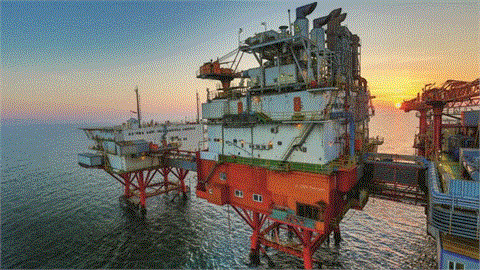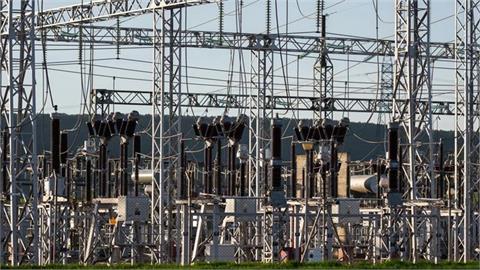Azerbaijan, via its state energy company
SOCAR, is ready to engage in Bulgaria’s gasification at its own expense.
The statement was made by the President of Azerbaijan Ilham Aliyev on
the occasion of a visit by the Prime Minister of Bulgaria Boyko Borissov to the
central Asian country, EurActiv reports.
More than ten years ago, Bulgaria was the first EU country to commit to buy 1
billion cubic meeers of Azeri gas per year (bcm/y) as soon as the
Southern Gas Corridor will come upstream, possibly in 2020. This
represents roughly one third of Bulgaria’s annual consumption. So far Russia’s
Gazprom has a de facto monopoly on Bulgaria’s gas supply.
Borissov commented in Baku, as quoted by Mediapool, that the agreed supply of 1
billion bcm/y would be the cheapest and that it would be used for social
packages to the benefit of low-income households. This in his words would solve
the issue of air pollution in Bulgaria.
Borissov recalled that only 3% of Bulgarian households have access to gas,
while a main reason for the air pollution is the use of wood and coal for
heating. He said Bulgaria should set itself the ambitious goal of replacing
this with more ecologically sound energy sources. In his words, 90% of the
territory of Georgia, a neighbour of Azerbaijan, has access to gas,
adding that he hoped that Bulgaria would very soon reach a similar result.
The Azeri press quoted as Aliyev saying that his country has proven gasreserves of 2.6 trillion cubic metres.
"The construction of the Southern Gas Corridor will be our next
contribution to Europe’s energy security. At present, Azerbaijani oil provides
energy security to many European countries and in the near future, Azerbaijani gaswill do the same,” Aliyev was quoted as saying.
The Azeri President said the implementation of the Southern Gas Corridor
was continuing successfully, while the implementation of the Shah Deniz-2project had reached 99%. Shah Deniz-2 is an offshore gas field
which is expected to feed the pipe of the Southern Gas Corridor.
The Southern Gas Corridor (SGC), supported by the European Commission,
remains so far the only credible project to diversify the EU’s gas needs
via a pipeline coming from the East.
SGC consists of three pipelines: the South Caucasus pipeline across Azerbaijanand Georgia, the TANAP pipeline across Turkey, and the Trans-Adriatic Pipeline
(TAP) across Greece and Albania, with an offshore section to southern Italy.
The project has encountered difficulties on its entry point in Italy, where
local authorities and environmentalists are protesting against the removal of
olive trees.
(www.novinite.com)



